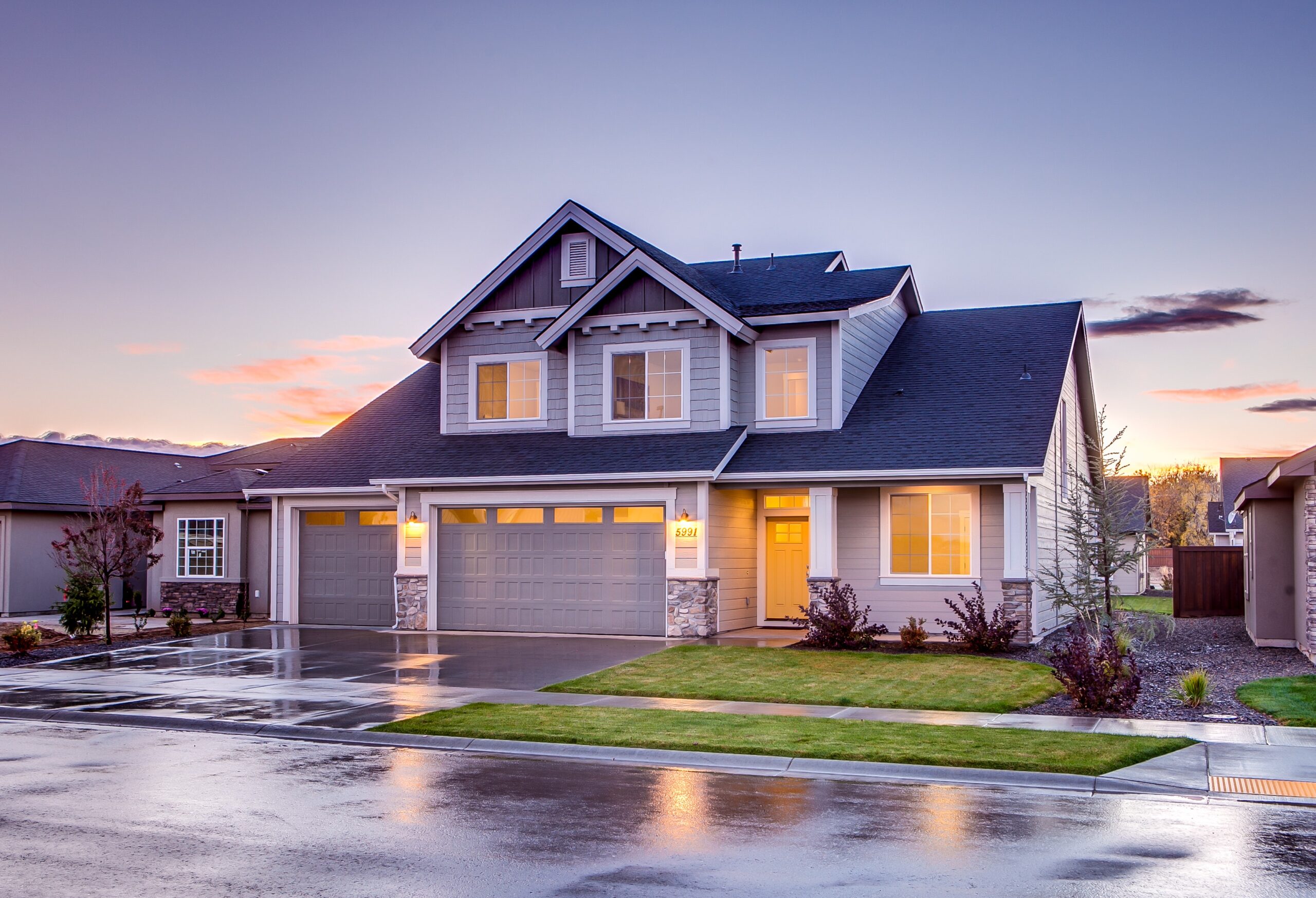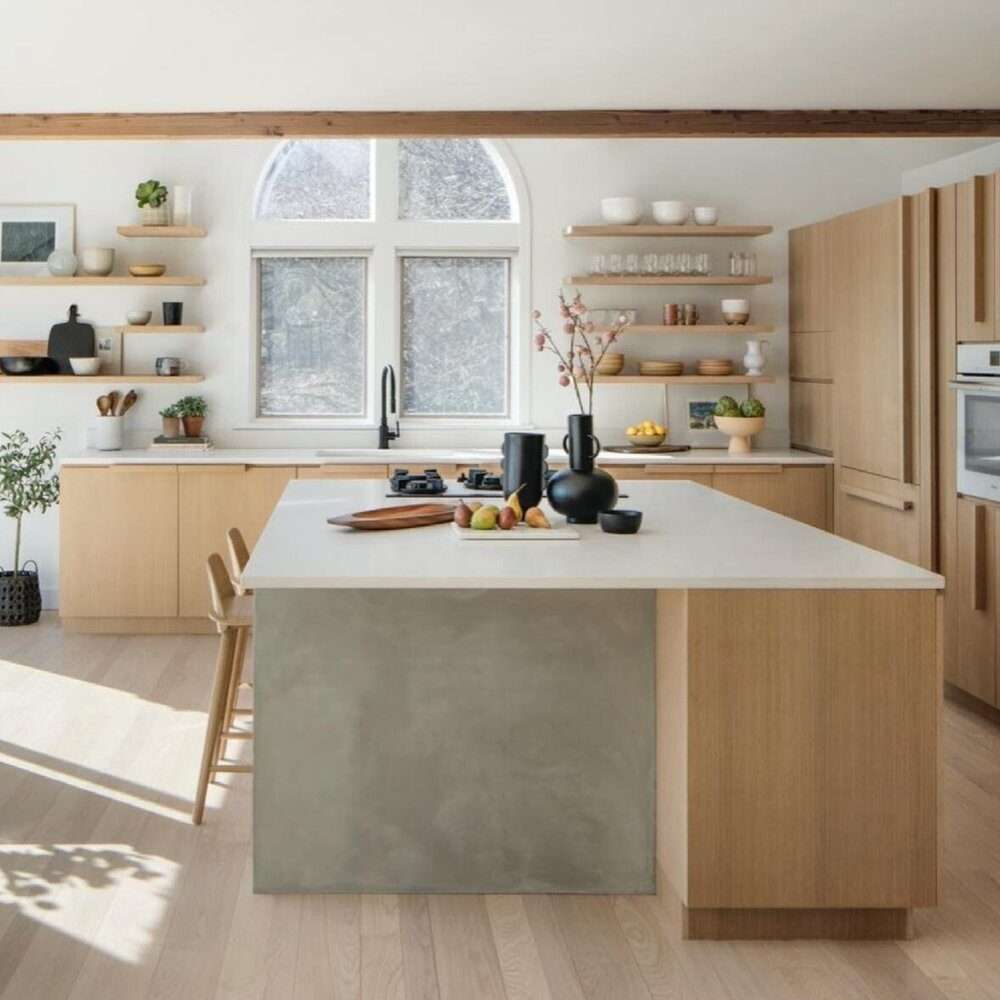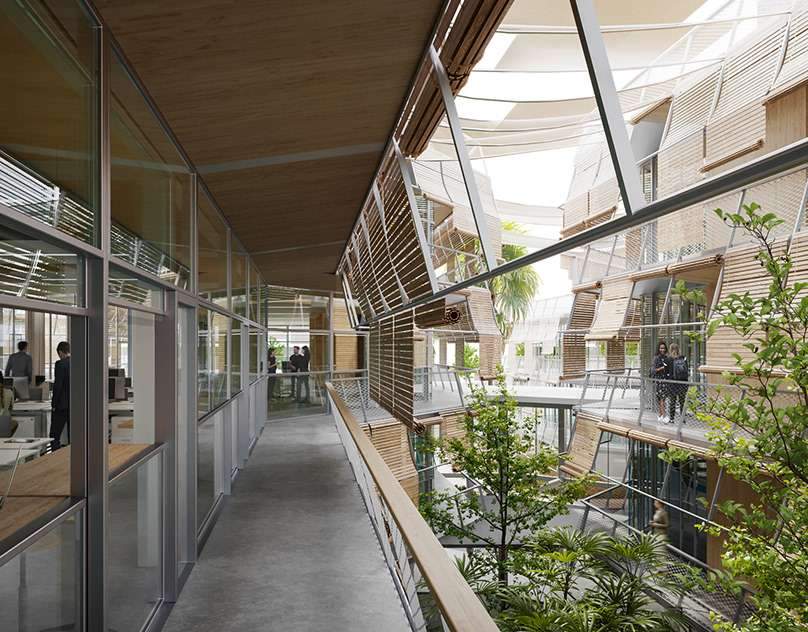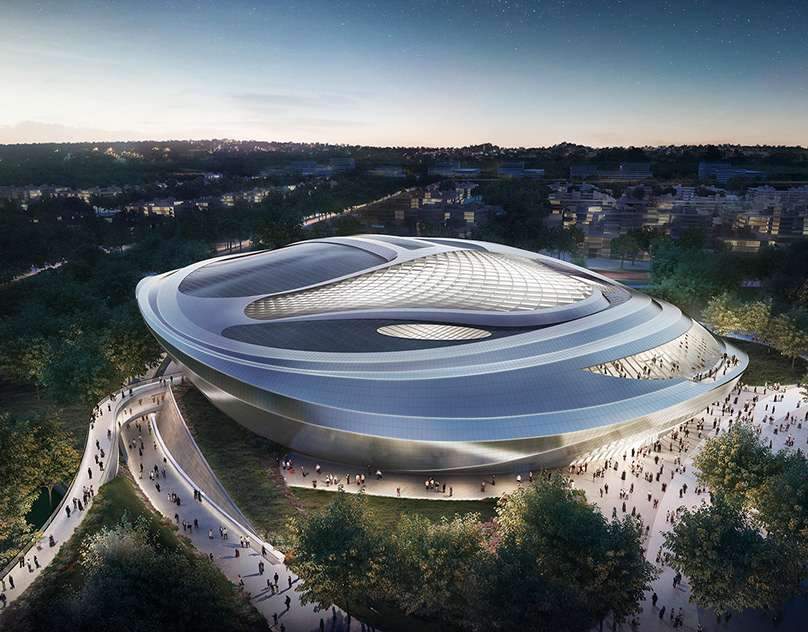It has long been known that “good” architecture and good design are public goods,
as they have been shown to increase the values of surrounding properties.
They also create a sense of community, and provide a catalyst for future development, but what is less obvious is individual user demand and willingness to pay for good architecture.
If there are positive externalities for high-quality architecture in the surrounding buildings, tenants and pedestrians, there must be a ‘socially ideal’ level of design.

Factors affecting real estate investment
This level may or may not be equal to the optimum level, as measured by the private market.
The external form of the building in general is not competitive, it is not excluded,
Thus it can usually be considered a public good.
Indeed, there is no doubt that “good” or “high-quality” architecture is a public good.
It is they that create positive externalities for surrounding structures and societies.
The construction and design costs to produce “good” architecture are higher than those required to produce better quality buildings.

If there are positive externalities for quality structure on surrounding buildings, tenants and pedestrians, there must be a “socially optimal” level of design which may or may not be equal to the optimum level as measured by the private market.
“Good” architecture can also affect the returns for private developers or landlords.
Quality design plays a major role in producing a high-quality built environment, which in turn contributes to an increase in the quality of life in countries and cities.
The economic value of the building
This fact has been widely accepted in the planning and design disciplines;
however, research stresses the importance and need for empirical evidence of the economic value of building and urban features associated with high-quality design.
In this context, major empirical developments have been noted in pleasure modeling of real estate markets,
as the most appropriate tool for analyzing the implicit prices of complex goods.
This is based on the theoretical framework developed by Lancaster (1966) and Rosen (1974) in the Current Body of Knowledge.
Only a few studies have focused on modeling techniques that reduce bias in parameter estimates,
for better statistical inference to aid informed decision-making.

In addition to its central goal of expanding the real estate price equation to include design quality determinants.
The transcendental price theory has provided a good framework for empirical analysis in real estate,
in which the unit of analysis is a clearly differentiated product that cannot be unified by a set of characteristics.
Broader concepts of urban economics theory have also been adopted to extend this ‘package of properties’ beyond the property-specific package.
You may like: The most important risks arising from real estate investment and how to avoid them
https://injarch.com/architectural-design-of-sports-buildings-and-sports-stadiums-the-most-important-requirements-for-that/







